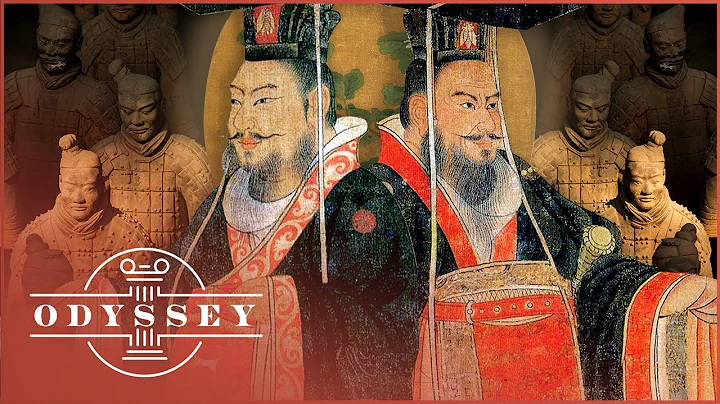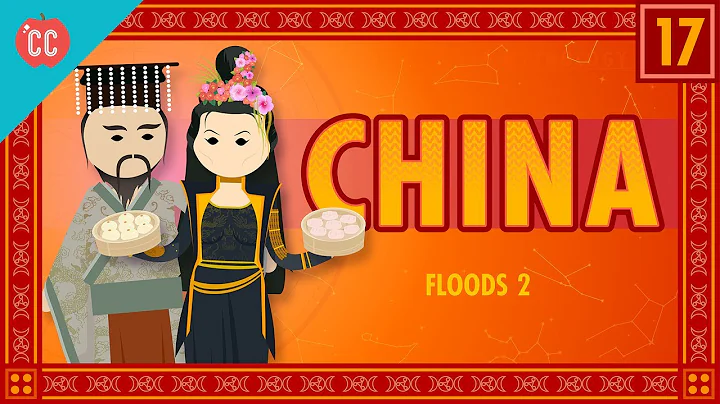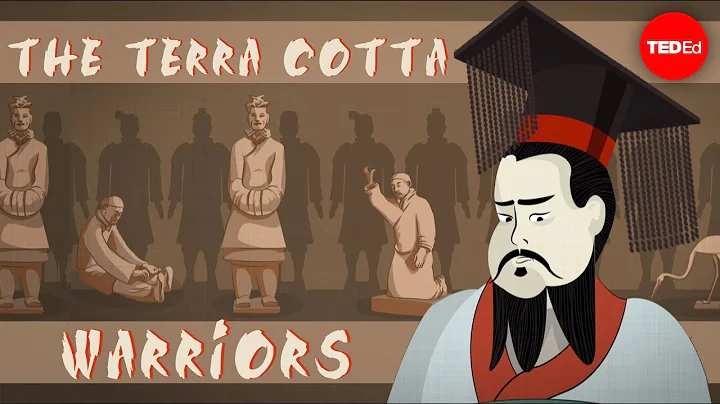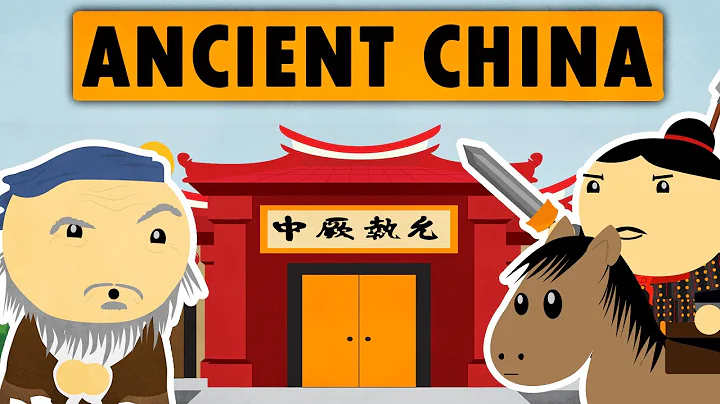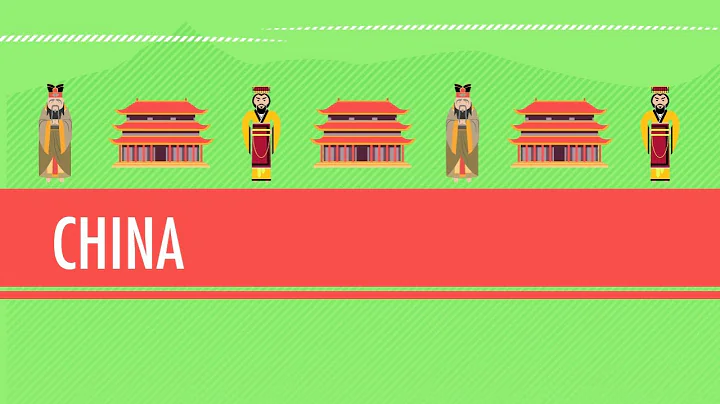Xuzhou is a treasure land with hidden dragons and crouching tigers and outstanding people. So, how many founding emperors of Xuzhou origin were there in history? There are different opinions, some say nine, some say six, etc., but according to some information, it is generally accepted that there are four founding emperors of Xuzhou origin, namely Han Dynasty Han Gaozu Liu Bang, Southern Dynasties Emperor Wu of Song Dynasty Liu Yu, Southern Tang Liezu Li Min, Taizu of Later Liang Zhu Wen . Some of them were born in ancient Xuzhou, and some of their grandfathers were born in ancient Xuzhou. Others are said to be from Xuzhou, which personally feels a bit far-fetched. Below I will briefly introduce the lives of the four of them, so that everyone can better understand the outstanding representatives of Xuzhou people.
1, Liu Bang

pictures from the Internet
Han Taizu Gao Emperor Liu Bang (Winter 24th, 256 BC - April 25, 195 BC), a native of Zhongyangli, Fengyi, Pei County, Xuzhou, the founding emperor of the Han Dynasty , one of the great pioneers of the Han nation and culture, an outstanding statesman, outstanding strategist and conductor in Chinese history. He has made outstanding contributions to the development of Han and the unification of China.
Liu Bang was born in a peasant family. He was an open-minded man and did not engage in production. During the Qin Dynasty, he was the head of the Sishui Pavilion in Peixian County. He died and hid in the Mangdang Mountain in Mangdang Mountain. Shortly after Chen Sheng's uprising, Liu Bang gathered 3,000 of his disciples to respond to the uprising and captured Pei County and other places. They called him Peigong. He soon defected to Xiang Liang and was named the Marquis of Wu'an. He led his troops to Dang County. In October 206 BC, Liu Bang's army entered Ba Shang, and King Qin Ziying surrendered to Liu Bang. The Qin Dynasty perished. Liu Bang abolished the harsh laws of the Qin Dynasty and made a three-part agreement with the elders of Guanzhong . After the Hongmen Banquet, he was named King of Han Dynasty and ruled the Bashu and Hanzhong areas. In the early stages of the Chu-Han War, they suffered repeated defeats. However, he knew people well and paid attention to receiving advice, and was able to give full play to the talents of his subordinates. He also paid attention to uniting forces from all over the country to oppose Xiang Yu, and finally turned defeat into victory. After defeating Xiang Yu, he unified the world. On February 28, 202 BC, Liu Bang ascended to the throne of emperor in Dingtao, and his capital was Chang'an, which was known as the Western Han Dynasty in history. After
ascended the throne, he eliminated Han Xin , Peng Yue , Ying Bu , Zang Tu and other princes and kings with different surnames, and split the earth to enfeoff nine princes and kings with the same surname. On the other hand, they established laws and regulations and adopted a loose policy of recuperation to govern the world, allowing soldiers to demobilize and return home, exempting them from corvee service, focusing on agriculture and suppressing commerce, restoring the dilapidated social economy, and stabilizing the feudal ruling order. It not only appeased the people, but also contributed to the cultural foundation of grace and magnanimity in the Han Dynasty. Adopt a pacification policy towards the Xiongnu and open up the trade with the Xiongnu to ease relations between the two parties.
In 195 BC, Liu Bang was shot by a stray arrow because of his crusade against Yingbu's rebellion. He became seriously ill and died in the same year. His temple name was Taizu and his posthumous title was Emperor Gao.
2, Liu Yu

pictures come from the Internet
Emperor Wu of the Southern Dynasty Song Dynasty Liu Yu (April 363-June 422), courtesy name Deyu, nickname Jinu, was born in March of the first year of Xingning, Suiyu, Pengcheng County Li (today's Tongshan County, Xuzhou City, Jiangsu Province), and later moved his family to Jingkou (today's Zhenjiang City, Jiangsu Province).
According to "Songshu: The Chronicles of Emperor Wu", Liu Yu is the 21st grandson of Han Gaozu Liu Bang younger brother of Chu Yuan Wang Liujiao. The founder of the Southern and Northern Dynasties period The Song Dynasty , known in history as Emperor Wu of the Song Dynasty .
An outstanding politician, outstanding military strategist and commander-in-chief in Chinese history. Liu Yu joined the army in the uprising in the third year of Long'an (399). In 413, Liu Yu destroyed the Qiao Zong who had separatized Yizhou. Internally, is Sima Xiu’s . In the 13th year of Yixi (417 years), the Later Qin Dynasty was destroyed. On July 10, 420 (June 14th of the first year of Emperor Wu of the Song Dynasty), Liu Yu abolished Emperor Gong of the Eastern Jin Dynasty. , established himself as emperor, the country was named the Song Dynasty , the capital was Jiankang, and the Southern Dynasties began. A series of reform measures were carried out before and after he became emperor, which further attacked the corrupt and dark forces of the nobility and gentry, improved the political and social conditions, laid a solid foundation for the rule of Yuanjia, and also laid the prototype of the politics of the Southern Dynasties. .He was hailed by the great thinker Li Zhi of the Ming Dynasty as "the king who settled chaos and brought prosperity."
3, Liu Min

pictures from the Internet
Li Min (January 7, 889 - March 30, 943), with the courtesy name Zhenglun and the small character Pengnu, was born in Pengcheng County, Xuzhou (now Xuzhou City, Jiangsu Province). The founding emperor of the Southern Tang Dynasty.
Li Min's original surname was Li. His father Li Rong disappeared during the war. He was later renamed Xu Zhigao by his adoptive father Xu Wen. He was a powerful official in the Southern Wu during the Five Dynasties and Ten Kingdoms period. He served as the governor of Shengzhou and the training envoy of Runzhou regiment, and later controlled the south. The government of Wu Dynasty accumulated to Grand Master, Grand Marshal, and King of Qi. In the third year of Tianzuo (937), Li Min proclaimed himself emperor and the country was named Qi. In the third year of Shengyuan (939), the name of the country was changed to Tang, and it was called Southern Tang in history. During his reign, he was diligent in political affairs, changed old laws, and reconciled with Wu and Yue , ensuring the safety of the country and the people, and recuperating with the people.
4, Zhu Wen

pictures from the Internet
Liang Taizu Zhu Wen (December 5, 852 ~ July 18, 912), reigned from the first year of Kaiping (907) to the second year of Qianhua (912). A native of Dangshan, Songzhou (today's Dangshan County, Anhui Province, formerly under the jurisdiction of ancient Xuzhou), he was the founding emperor of the Later Liang Dynasty. He was named "Zhu Quanzhong" by Emperor Xizong of the Tang Dynasty. After he ascended the throne, he was renamed Zhu Huang.
In the second year of Qianfu (875), he joined the peasant uprising army led by Wang Xianzhi and Huang Chao, and successively captured Luoyang, Chang'an and other places, which greatly shook the dominance of the Tang Dynasty. In the second year of Zhonghe (882), he surrendered to Wang Chongrong and Yang Fuguang of the Tang Army, and jointly suppressed Huang Chao's army with Li Ke and others. Because of his meritorious service in suppressing Huang Chao's army, he was given the name "Quan Zhong" by Emperor Xizong of Tang Dynasty and was appointed as the deputy envoy for recruiting in the Henan Zhongxing camp. The following year, he paid homage to the governor of Bianzhou and sent him the Xuanwu Army Jiedushi, and then he was granted the title of King of Liang. With Henan as the center, he tried his best to expand his power and gradually became the largest separatist force in the late Tang Dynasty. Tang Zhaozong In the first year of Tianfu (901), Zhu Wen led his army into Guanzhong and took control of the central power of the Tang Dynasty. In the first year of Tianyou (904), Tang Zhaozong was forced to move to Luoyang by force, and Zhaozong was killed soon after. He established Zhaozong's son Li Zhi as emperor, namely Emperor Ai of the Tang Dynasty (also known as Emperor Zhaoxuan). In the fourth year of Tianyou (907), Zhu Wen seized the throne of Emperor Ai of the Tang Dynasty through abdication, proclaimed himself emperor on behalf of the Tang Dynasty, founded the country with the title of Liang, changed the reign name to Kaiping, and was known as "Hou Liang" in history.
In the second year of Qianhua (912), Zhu Wen was killed by his parent and son Zhu Yougui due to succession issues. Zhu Wen reigned for six years and died at the age of 61. His posthumous title was Emperor Shenwu Yuan Shengxiao , and his temple name was Taizu . Xuanling was buried in November of the same year.
